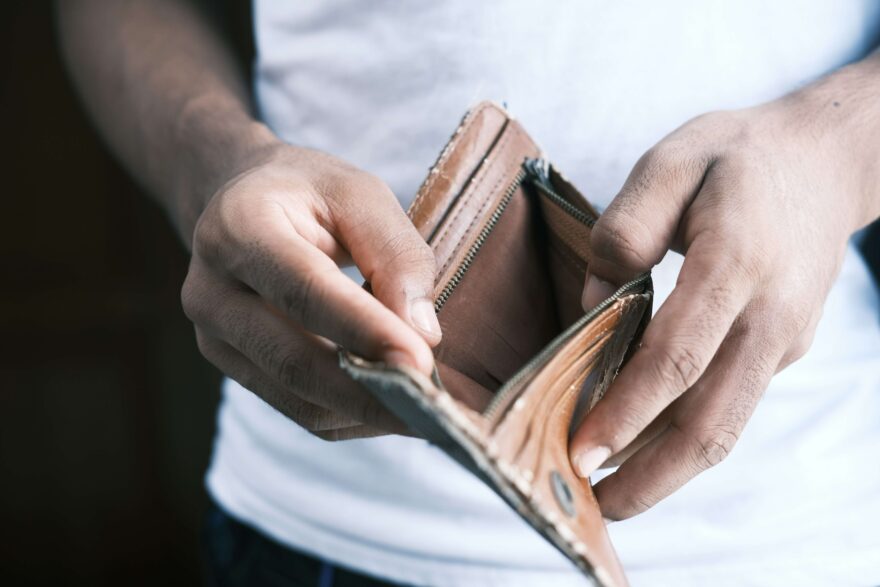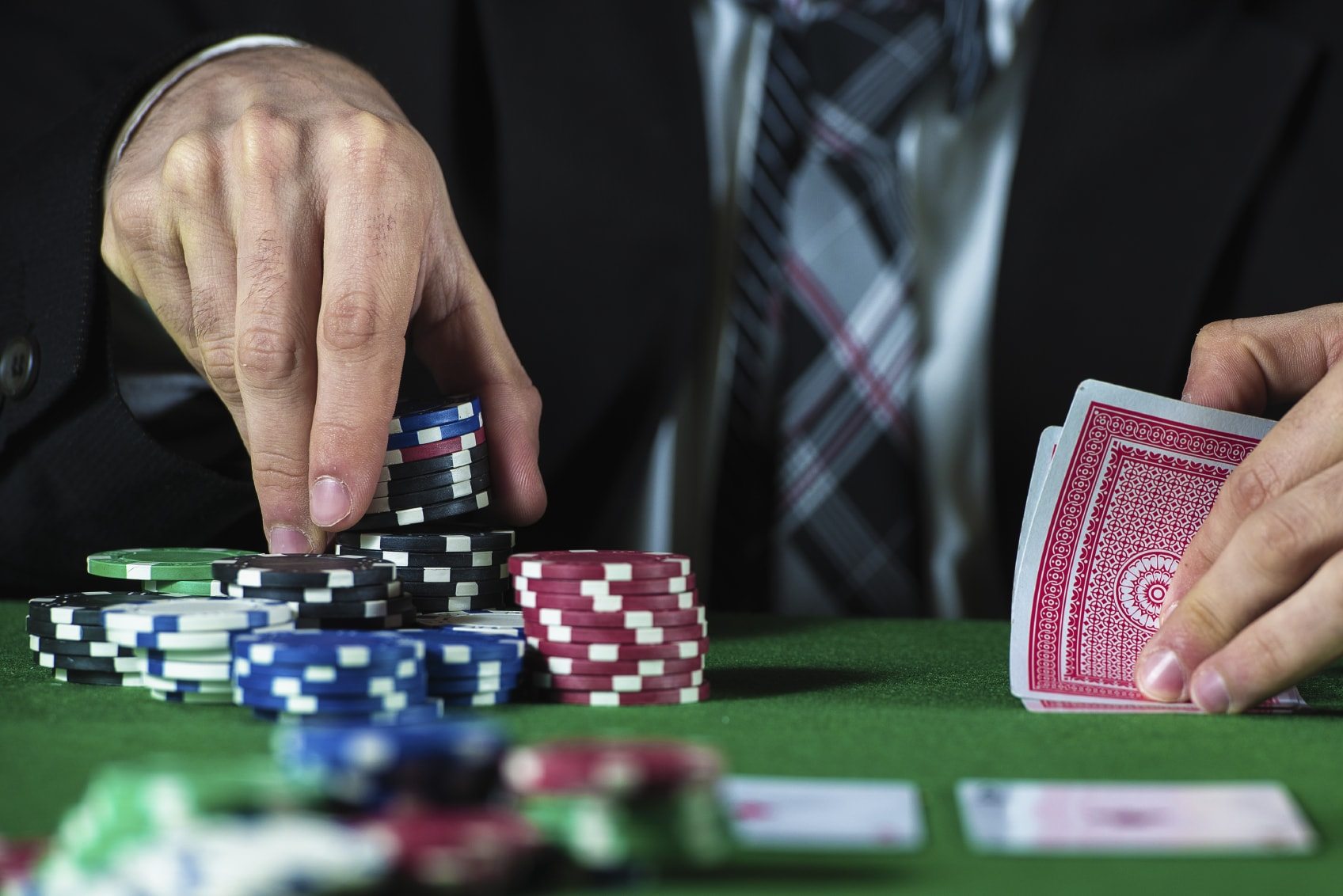How To Recover From A Big Gambling Loss
Learn practical strategies and advice on how to recover from a big gambling loss. Discover ways to cope and move forward.

A significant gamble loss can be emotionally and financially overwhelming. Recovering from such losses requires understanding the situation, addressing emotional challenges, and taking proactive steps to improve financial health. The journey may be difficult, but with the right approach, you can rebuild your life and regain control. Getting out of debt can be challenging but a method that deals with the psychological causes of overspending can help.
- Understanding a gambling loss
- The psychology of gambling loss
- What to do when gambling loss sets in
- How to stop chasing losses
- Tips to quit gambling long-term
- What happens if you don’t pay off your gambling debt
- Emotional recovery from gambling losses
- The immediate impact of gambling loss
- Financial recovery strategies after a gambling loss
- Building a gambling-free future
Understanding a gambling loss
A gamble loss occurs when the money you stake doesn’t yield the expected outcome. It’s crucial to understand that losing is an inevitable part of gambling. Accepting gambling losses is the first step toward emotional recovery. Acknowledge that gambling involves risks, and losses are a common part of the process. Invariably people lose more than they win and this is an important point to understand. If you think you have a gambling problem it’s worth checking out some tips on how to quit gambling.
The psychology of gambling losses
The psychological effects of dealing with gambling losses can be intense. Many people experience frustration, regret, or depression after gambling loss, which can make it hard to move on. A common pitfall is chasing losses in gambling—the urge to continue betting in an attempt to recover lost money. This behaviour can lead to even more significant losses and emotional distress. If you know someone who exhibits this kind of behaviour, find out how to help someone with a gambling problem.
What to do when gambling loss sets in
When a gamble loss happens, take a moment to step back and reflect. Resist the urge to gamble again. Instead, accept the loss and focus on healthier ways to move forward. Avoid making impulsive decisions, such as borrowing more money to bet. It’s crucial to stop and consider the consequences rather than immediately trying to figure out how to recover from a big gambling loss by continuing to gamble. There is a way of quitting gambling which makes it easy to do so. You might find that difficult to believe but it is important that you look into ways of getting to grips with your gambling addiction.
How to stop chasing losses
A major challenge for many people is chasing losses in gambling. To break this cycle, set strict limits on how much time and money you dedicate to gambling, if you haven’t already quit. Recognise that continuing to gamble to recover losses will likely worsen your situation. Avoid thinking about can you get money back from gambling losses by taking more risks—it rarely works and inevitably leads to deeper financial trouble.
Tips to quit gambling long-term
Quitting gambling long-term requires a strategic approach. To ensure lasting success, develop a plan that includes clear, achievable goals. Seek support from friends and family. If you’re unsure how to recover from a big gambling loss, a financial advisor may provide the tools and guidance needed. Getting free from gambling can be easy – the most important thing is to make the decision to do so.
What happens if you don’t pay off your gambling debt
One of the most stressful aspects of a gamble loss is the financial aftermath. If you’re wondering, how do you claim gambling losses or deal with mounting debt, understand that failure to address your debt can lead to legal and financial consequences. Creditors may pursue you, leading to interest charges, legal action, or even wage garnishment. Relationships with loved ones may also become strained if you owe them money. Although it is possible in some countries to claim gambling losses for tax purposes, it requires a great deal of documentation and accounting, including having declared winnings in the past.
Emotional recovery from gambling loss
The emotional fallout from a big gamble loss can be profound. Feelings of guilt, shame, or depression after gambling loss are common, but they can be managed. To emotionally recover, it’s important to speak to someone you trust or seek professional help. Acknowledging your feelings without self-blame is a key step in healing.
The immediate impact of gambling loss
In the immediate aftermath of a significant gamble loss, it’s normal to feel shocked or panicked. The emotional strain of losing large sums of money can exacerbate stress and anxiety. Financial pressure might feel overwhelming, but it’s crucial to remain calm and focus on practical steps toward recovery rather than becoming consumed by regret or the desire to gamble again.
Financial recovery strategies after a gambling loss
Financial recovery after a gamble loss requires careful planning. Begin by evaluating your financial situation and creating a budget that focuses on paying off essential expenses first. If you’re wondering how to recover from a big gambling loss, it might help to consult with a financial advisor who can offer tailored strategies for managing debt. Avoid borrowing money or gambling again, as this will only worsen the problem. It’s also important to explore whether you can claim gambling losses for tax deductions, which may offer some relief—understanding how do you claim gambling losses depends on your local tax laws. It is often not possible.
Building a gambling-free future
To build a future free from gambling, commit to long-term behavioural changes. Set new life goals unrelated to gambling, such as career aspirations, personal growth, or financial stability. Surround yourself with a supportive network of people who encourage your recovery and help you maintain a gambling-free lifestyle. By focusing on accepting gambling losses and learning from past mistakes, you can work toward a brighter, more stable future.
Recovering from a significant gamble loss can be challenging, but by addressing both the emotional and financial consequences, you can regain control of your life. By understanding the psychological impact of losses, avoiding the trap of chasing losses in gambling, and seeking support to help you quit gambling, you can build a healthier, gambling-free future.
Allen Carr’s Easyway understands how gambling makes you feel and, without being judgemental or patronising, we take you through the process of how to free yourself from your addiction to gambling.
We demonstrate how gamblers fall into the trap, the psychology behind being addicted to risk and how to quit gambling once and for all.




